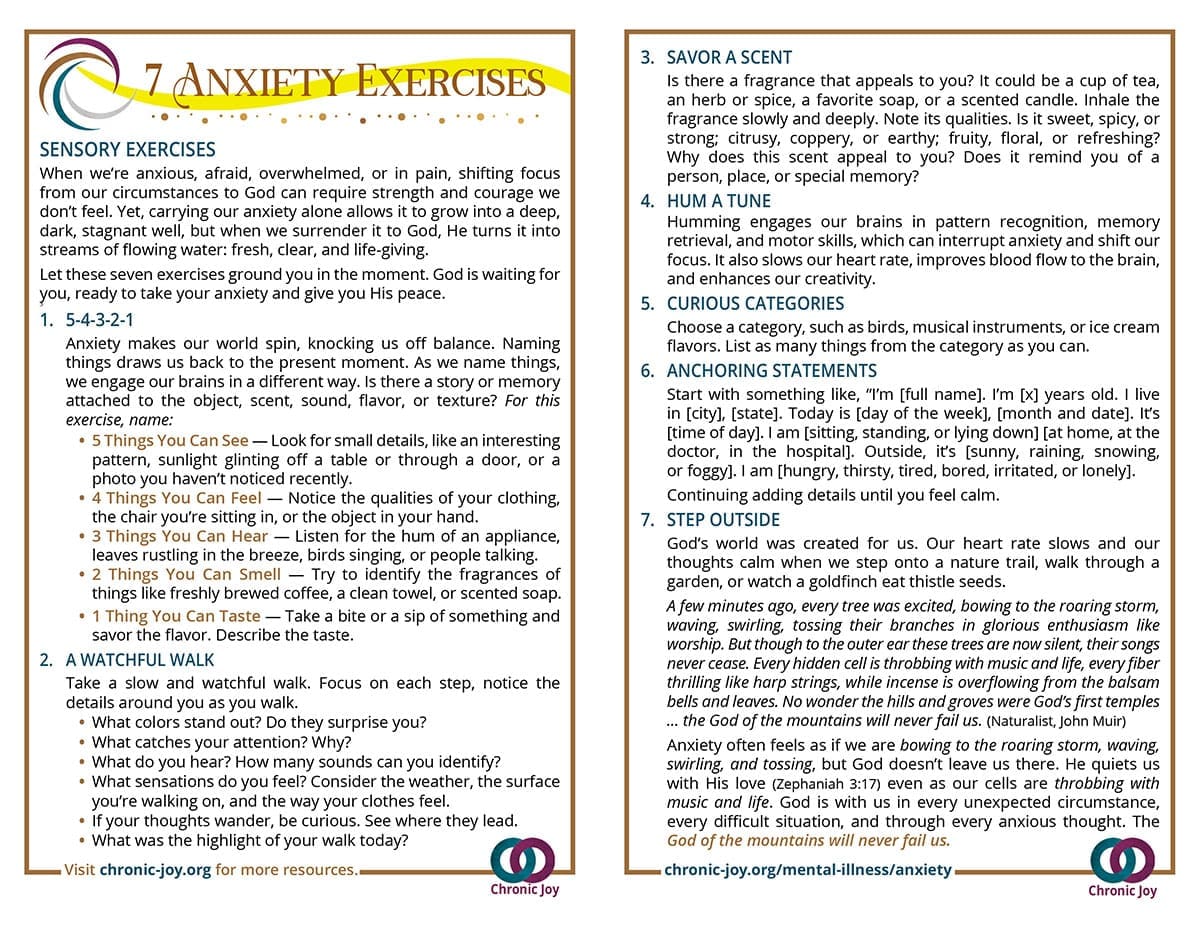
“Writing in a journal can be a wonderful way to practice self-care.” Laurie Glass
GETTING STARTED WITH JOURNALING
Trust in him at all times, O people, pour out your hearts to him, for God is our refuge. (Psalms 62:8)
Writing in a journal can be a wonderful way to practice self-care. When dealing with chronic illness, it’s important to tend to your thoughts and emotions so you can be as healthy as possible on the inside. If you haven’t already read it, you may want to refer to Benefits of Journaling.
THOUGHTS ABOUT JOURNALING
One great thing about journaling is that there are no rules. It’s simply a way to record your thoughts and feelings. It doesn’t matter if your entries are scattered, and you don’t even have to write in complete sentences. It’s an avenue to blurt out whatever is on your mind and in your heart.
Let your journal be your safe place to talk. To that end, if you’re afraid someone else might read it, lock it up in a safe place. If you prefer to journal on your device, use only a flash drive and lock that up. Consider using an online journal. There are free ones available. You may benefit from being able to look back at your journal entries, and those options allow you to do so.
However, if reviewing past entries is too painful for you, you can write out your entries and then tear up the paper, or you can type it but not save it. You don’t have to keep what you’ve written in order to benefit from releasing thoughts and feelings. Whatever journaling method you choose, the important thing to remember is not to let anything stop you from being honest and open as you write out your thoughts and feelings. That honesty will serve you well.
JOURNALING PROMPTS
Not everything you journal about has to be serious. And you don’t have to start out by writing about your illness if that feels overwhelming right now. It’s okay to write about surface topics. This can help you get in the habit of journaling and learn to describe things in written words. If you’re reluctant to journal, it’s a nice place to start. If you’re an avid journaler, you still might want to take a break from the heavier topics and write about something lighter for a change. Review the list below, and choose one prompt at a time. Perhaps the list will inspire you to come up with more ideas.
- Describe where you’re the happiest.
- Write about your favorite season and why it’s your favorite.
- Depict some things in nature that you admire the most and share why.
- List things that make you smile.
- Print your name in capital letters in a vertical line. For each letter of your name, write down a positive trait about yourself.
Once you’ve tried some journaling prompts, consider various ways you might find journaling to be useful.
DIFFERENT WAYS TO USE YOUR JOURNAL
You can maintain various sections in it if you’d like. Here are some suggestions to help you get started. Choose one that stands out to you and try it. From there, consider other sections you might want to add.
- Start with something happy. Write about a heartwarming memory and the joy it gave you. Over time, you can add more memories to this section.
- Express yourself through creativity. You can draw pictures, color, make collages, write stories, song lyrics, descriptive essays, or poems. They don’t have to be art or literary marvels. Just illustrate or write what’s on your mind and in your heart.
- Make lists. List your thoughts or feelings about a matter that weighs heavily on your mind, or list of things to which you look forward. You can expand on them later, but for now, making lists is a good start.
- Discover what inspires you. Maintain a section for inspirational quotes or verses. When you feel overwhelmed or down about yourself, you’ll have something uplifting to review.
- Write prayers. These prayers may be to ask for help, praise God, purge your inner pain, or simply share what’s on your mind. Write whatever you want to say to the Lord. Even if you aren’t ready to say these prayers, pen them anyway. Then they’ll be available when you are ready.
- Focus on gratitude. Dedicate a section to a list of things for which you are grateful. Try to add one new thing each day.
AN INVITATION
It’s okay to start small and work from there. Take it one step at a time. If journaling doesn’t come easy right away, that’s okay. Give yourself some time. There’s no deadline. If you find journaling a good outlet for you and you want to do more with it, watch for an upcoming post entitled Going Deeper with Journaling.
For more ideas, you might like to try the Gratitude Journaling prompts included in the Anxiety Exercises printable.


Laurie Glass
Chronic Joy® Staff Writer
Laurie has a Master's Degree in Christian Counseling and is the author of Coping with ME/CFS. Many of her poems and articles have been published in print and online. In 2019, she won the Open Medicine Foundation poetry contest. Laurie loves to use her gift of writing to encourage others. Her book is available on Amazon.

Anxiety Exercises
When we feel anxious, afraid, overwhelmed, or in pain, seeking wonder in God's incredible creation draws us into His Presence, shifting our focus from our circumstances to who God is and how very much He loves us.

Recent Comments